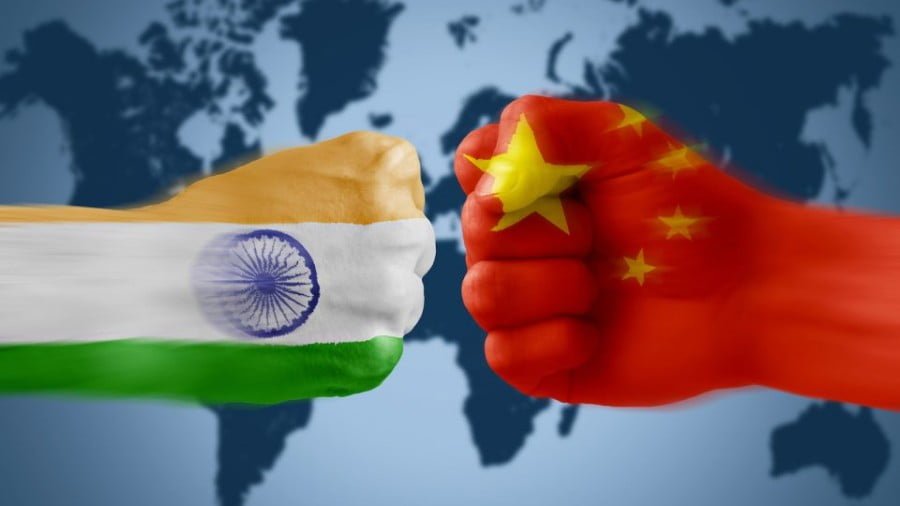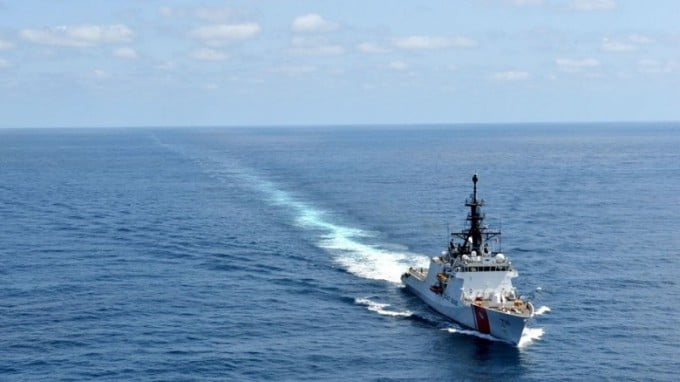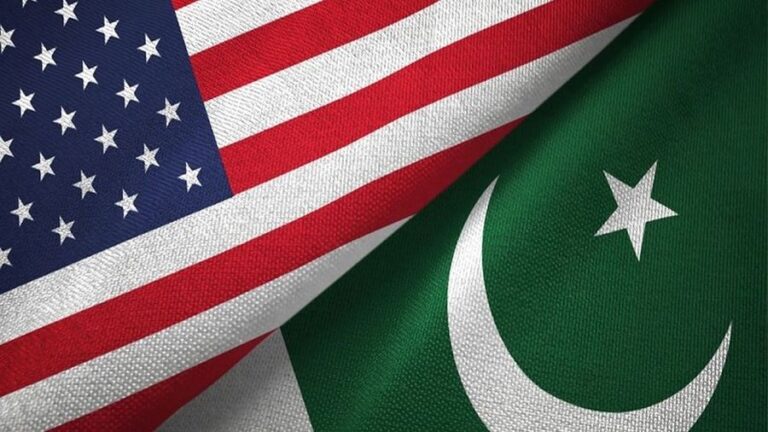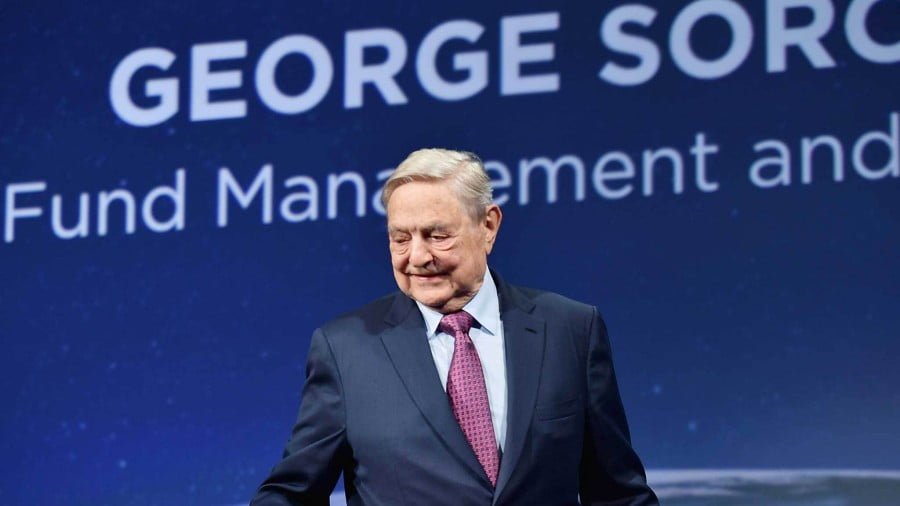China Will Not Fall into the ‘Thucydides Trap’ with India
The West’s notions of history and geography between Europe and Asia, are drenched in myriad cultural implications and can be traced back to ‘The Romance of Alexander’.
This is a collection of essays mixing truth, epic drama and mythology, composed between the death of Alexander The Great in 323 B.C., and the fourth century A.D, and attributed either to Callisthenes, Aristotle’s nephew or to Alexander’s tutor.
During a 10-year period, Alexander forged an empire encompassing Asia Minor and what the West later defined as the Middle East, annexing the current lands of Turkey, Syria, Israel and Palestine, Egypt, Lebanon, Jordan, Iraq, Iran, a slice of Pakistan and northwest India.
For more than two millennia, Alexander best embodied in the West the clash of these two lofty paradigms: East and West. Alexander’s conquests also helped India to enter the Western frame of mind in terms of geography and civilization.
We eventually learned that India was actually close to the Arab world – overland via Iran, and in naval terms via its direct connection to the Persian Gulf.
The exchange of goods, traditions and culture was always inbuilt in the Big Picture. Overland or seaborne, the ancient Silk Road – before arriving in China – went through India. Rome was already trading with India before learning about the Middle Kingdom, and vice-versa as the Chinese barely knew the Mediterranean existed.
Closer to the West
So, India was always closer to the Western mind than China.
In parallel, when Vasco da Gama reached southwest India in 1498, those ports for more than a millennium had been trading with China, Southeast Asia, the Arab world and the Mediterranean.
The historical case can be made that India’s royals, after trading for so long with Arab, Jewish and Chinese merchants, were fooled by the “peaceful” intention of the first European incursions, which eventually led to British domination of the subcontinent.
This background should be taken into account when we look at what happened during the latest international Raisina Dialogue in New Delhi. This was sponsored by the Indian Ministry of External Affairs and the Observer Research Foundation (ORF), an Indian think tank.
The theme of the Raisina Dialogue was “Managing Disruptive Transitions.” And the number one “disruptive transition” was identified as no less than China’s New Silk Road, otherwise known as the Belt and Road Initiative.
“The reality is that China is a disruptive transitional force in the Indo-Pacific, they are the owner of the trust deficit in the region.”
More than 200 million Indians are Muslims, which makes it the third largest Muslim nation in the world after Indonesia and Pakistan. So, it is no wonder that Premier Narendra Modi’s right-wing pro-Hindu BJP acts as the self-proclaimed defender of a multi-millennium civilization.
But when we dig deeper we find that modern Hindu nationalism – instead of worrying about the destiny of the Mahabharata – was actually born in the 1920s, infused with the theories of Mazzini, d’Annunzio and even one Benito Mussolini. Still, that was all about fear of the Hindu identity being swamped by Islam and Christendom.
Now, it is all about fear of China.
Belt and Road versus ‘Quad’
NATO was in full voice at the Raisina Dialogue in New Delhi via Admiral Harry Harris, commander of US Pacific Command and named recently as US Ambassador to Australia. According to Harris, “the reality is that China is a disruptive transitional force in the Indo-Pacific, they are the owner of the trust deficit in the region.”
Significantly, the navy chiefs from the Quad nations – US, India, Japan, Australia – all agree on it. So does retired General David Petraeus, the former CIA director and mastermind of the surges in Iraq and Afghanistan.
Neocon ideologue Zalmay Khalilzad, a former US Ambassador to Iraq and Afghanistan, also attended, and duly agreed that by trying to connect all of Eurasia via the Belt and Road, China would “change the international order.”
The Raisina Dialogue fully illustrated the scope of Washington’s terminological pivot from “Asia-Pacific” to “Indo-Pacific”, while detailing the prescription inbuilt in the new Pentagon Defense Strategy.
China – along with Russia – are “revisionist powers” bent on undermining the “international, rules-based order”, especially China with its “predatory economics” which will be fully developed through the Belt and Road program.
So, it was up to Quad to implement a new China containment strategy.
Geopolitically, in Beijing, China-India relations are regarded very seriously, second only in importance to China’s relations with the US. Lately, China-Russia relations have been in the ascendant – mutually exhorted as a “strategic partnership”.
China-Japan relations, meanwhile, may qualify as a distant fourth although vast swathes of the Chinese public appear to consider it the second biggest threat to President Xi Jinping’s “Chinese Dream”.
Yet once Beijing consolidates its influence over key maritime trade routes across East Asia, Japan will cease to be a problem. The real problem is if India ever decides to try to cut or at least interfere with China’s Belt and Road Initiative naval routes – and complex supply lines – across the Indian Ocean.
The key geopolitical question of the 21st century is how the ascension of China will “disrupt” American hegemony and arguably enable a Chinese – actually Eurasian – century.
China and India would have all it takes to be complementary. Both are members of BRICS, the group also comprising Brazil, Russia and South Africa. They are also part of the Shanghai Cooperation Organization (SCO), as well as top nations in the G-20. And yet New Delhi persists on treating Beijing not as a partner but as a threat.
Fear of the rising power
Xi Jinping, for his part, seems to take the Thucydides Trap seriously: when a rising power causes fear in an established power which escalates toward war. Xi has referred to it many times in his speeches.
So, closing the historical circle that started with Alexander, we now have an informed reader from the Middle Kingdom showing respect toward the most eminent historian of Ancient Greece
Xi is, in fact, warning the US, and by proxy, India, not to fall into the mistake that generated the Peloponnesian War, where every player lost.
The fear instilled in Sparta by the ascent of Athens rendered the war inevitable (replace Sparta by Washington/Delhi and Athens by Beijing). Athens was defeated as well as its model of democracy. In fact, the whole of Greece was defeated, its decline acting as a prelude for being conquered by Philip of Macedonia.
Inspired by the maritime expeditions of Admiral Zheng He, Xi’s point is that China is a benevolent power, with the New Silk Road – a massive trade route and a potential multiplier of wealth – developed as the archetypal globalization 2.0 “win-win”.
But, don’t count on India and the Quad to play along.
By Pepe Escobar
Source: Asia Times







